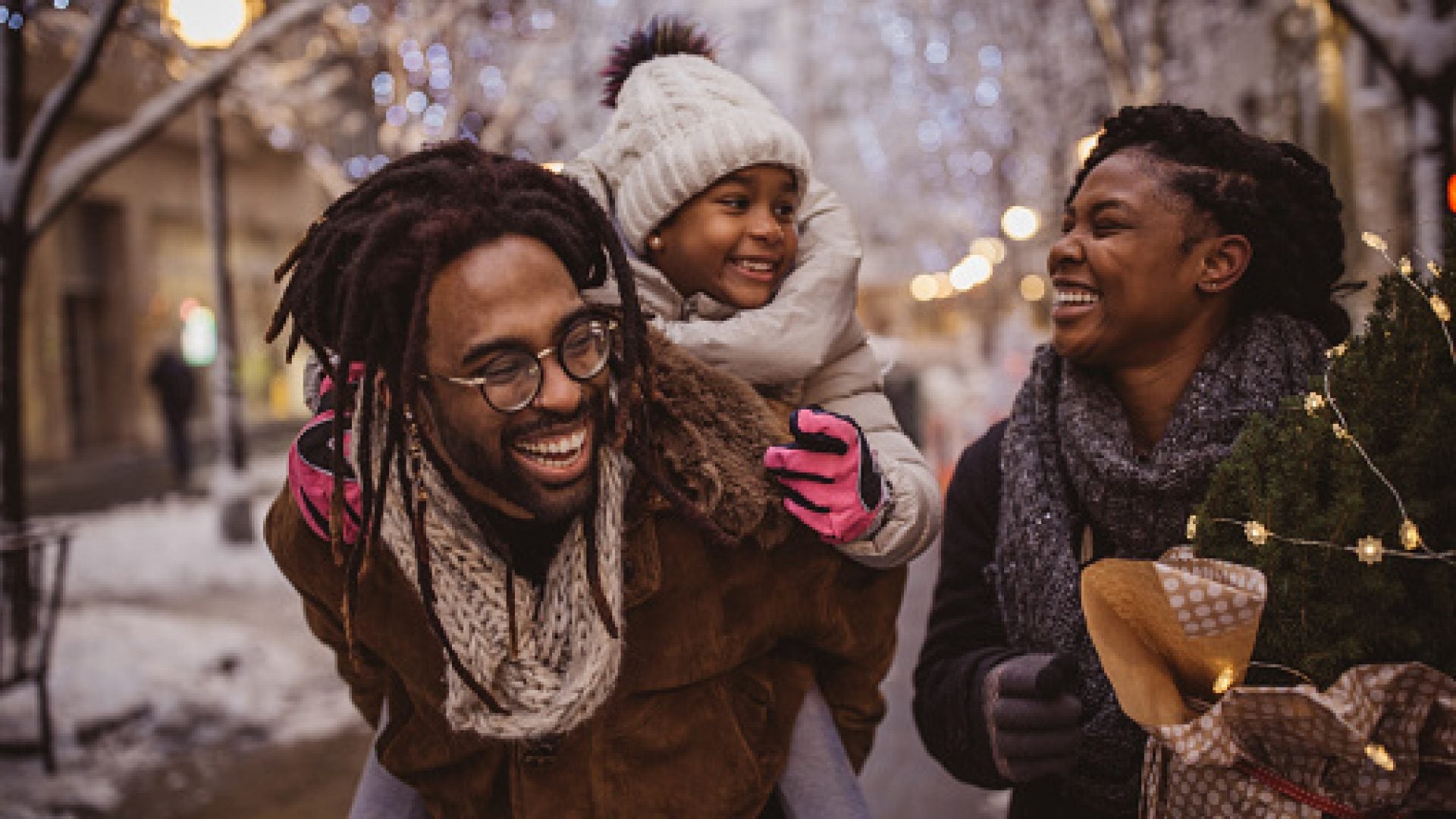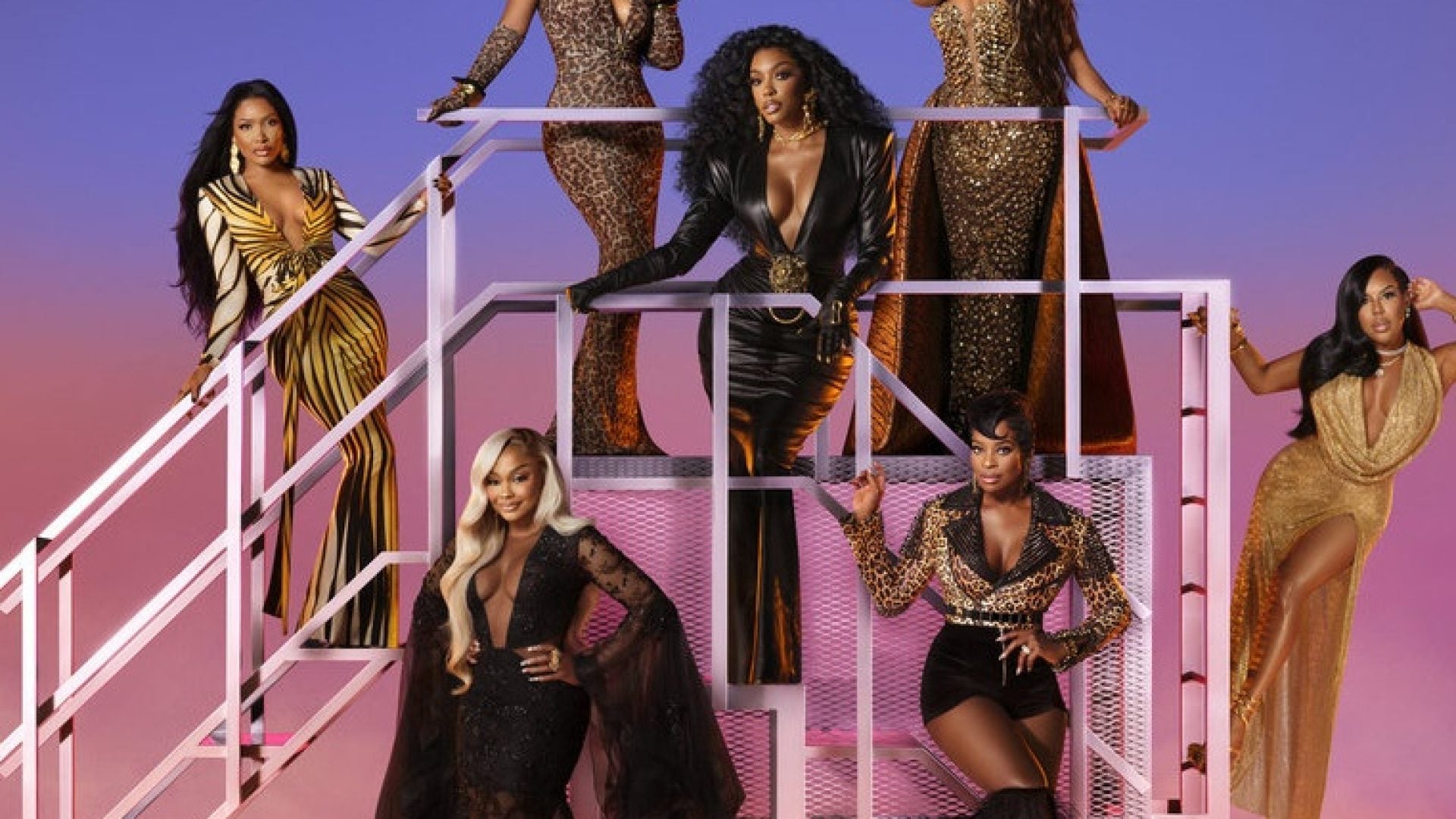
Christmas in the middle of a pandemic will likely look like many things. There will still be lights and trees and Mariah Carey. Plenty of Mariah Carey. But for some, there will also be the swooshing and quaking of ventilators. There will be the tapping of fingers on keys sending out a resume for the millionth time this year. The way we reconcile those things will be the ultimate test of faith for those of us who profess to believe in the Jesus this holiday claims to celebrate, and even for those who don’t.
Pre-2020, a typical Christmas in my home consisted of tree-trimming and gift-wrapping and the occasional Christmas Eve church service. The latter being the way we tried to “Keep Christ in Christmas” as we’d been told to do over the years. My nine-year-old and I would dance and scream-sing to our favorite holiday songs or enjoy hot chocolate with marshmallows and neighborhood light shows with her and her friends.
Friends she hasn’t hugged or played hand games with in nine months.
Then there’d be the family text threads. Videos of baby cousins opening gifts. Blessings and bible verses from Grandparents. The “Merry Christmas, Keep Jesus First” from my Aunt Carol in Florida was always a favorite. My Aunt Carol who was like the glue that kept that side of the family together. My Aunt Carol who knew who had a baby last and whose child will be starting college next Fall.
My Aunt Carol who is no longer here.
My family and I will not be traveling to Kentucky to visit my family as we normally might have. The pandemic limitations aside, visiting Louisville is so fraught with emotion for me. I can only imagine myself sitting at my parents’ dinner table and, for at least one day, eschewing my plant-based lifestyle for a bite of Mom’s mac and cheese.
Something Breonna Taylor and Vickie Jones will never do again.
That tension between grace and grief, between joy and sorrow, is something that the Jesus this holiday purports to honor was intimately acquainted with. Between the manger and the cross there were a myriad of moments when the weight of divinity in the face of humanity may have felt like a hopeless thing to carry. Even in Advent, a season found in the liturgical Christian Calendar, there’s this sense of anticipation. The waiting for help that feels like it’s never coming. The enduring of silence that is so incredibly loud. In 2020, we know something about that, right? Within these tensions sits the opportunity for a kind of acceptance that maybe we’ve gotten it all wrong anyway. That maybe the travel and gifts and lights, while fun, have not created the inner joy necessary to sustain an unprecedented (at least in our lifetime) Christmas like this one. For me, too much of the “happiness” of Christmases past came at the expense of wholeness; of peace.
So two months ago, I felt the shift coming. My husband and I had a long talk that ended with us deciding to go light on the decorations and gifts this year, and heavy on good food, hugs, and kisses. I suspect that this is what the namesake of this holiday would have wanted all along. Jesus’ admonishment to not worry about what we should wear and to let tomorrow take care of itself surely takes the pressure off, even if Amazon isn’t too pleased.
There are at least three or four conversations that never fail to be part of the public discourse when it comes to Christmas. The commercialism evidenced by the fights for toys and TVs at retailers who go from red to black in the days leading up to it. American evangelicals who think that anyone who doesn’t believe in the blond-haired, blue-eyed, baby Jesus they’ve crafted in their own image is somehow participating in their persecution and stealing the holiday from them (see the Starbucks cup debacle of 2015). Since folks can’t fight for the PS5 while standing six feet from each other and the African angels are tied up this year thanks to Paula White, maybe it’s time to consider that Jesus would probably dig a Christmas that centered the things that actually makes the story of his birth (whether one believes it to be real or not) worthy of celebrating.
So my family will stay home and wear our masks, because loving your neighbor, especially the “least of these” seems to be a thing the Palestinian Jew, Yeshua of Nazereth was into. And we’ll probably make cards and send hand-written letters because intimacy within the community seemed like a big deal to Him. And yes, we’ll still probably trim the tree and drink hot chocolate because binaries rarely make sense in real life.







For Christmas 2020, what if we all were able to express gratitude for our stables and mangers even if we started out the year staying at the “inn”? What if we were able to count how many babies were born alongside (not instead of) the number of people who have died? What if we used the day to give ourselves permission to experience the full range of emotions—joy, fear, hope, confusion, and anger—as I imagine the historical Mary, Joseph, and the rest of the crew might have felt living and growing a family under an oppressive Roman regime and in a culture that marginalized them?
Putting Christ back in Christmas has to be about more than our traumas laid bare in neatly wrapped memes. Surviving this holiday season will require another kind of salvation—the willingness to stay home and turn the disquiet of this year into peace on earth, good will toward men.






